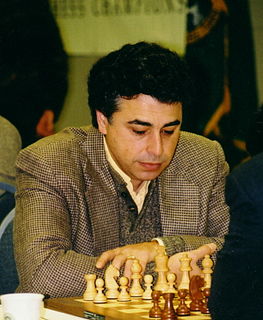A Quote by John J. McLaughlin
Conflicting views and contrasting ideas are the essence of all great debates throughout history, from the Greeks to the Oxford Union Debating Society. Today, we turn to television for the creative clash of ideas on matters that touch our lives.
Related Quotes
Our world, so we see and hear on all sides, is drowning in materialism, commercialism, consumerism. But the problem is not really there. What we ordinarily speak of as materialism is a result, not a cause. The root of materialism is a poverty of ideas about the inner and the outer world. Less and less does our contemporary culture have, or even seek, commerce with great ideas, and it is that lack that is weakening the human spirit. This is the essence of materialism. Materialism is a disease of the mind starved for ideas.
Today certain definite ideas are developing out of the Egyptian ideas. What is called Darwinism today did not arise because of external reasons. We are the same souls who, in Egypt, received the pictures of the animal forms of man's forebears. The old views have awakened again, but man has descended more deeply into the material world.
One of the great liabilities of history is that all too many people fail to remain awake through great periods of social change. Every society has its protectors of status quo and its fraternities of the indifferent who are notorious for sleeping through revolutions. Today, our very survival depends on our ability to stay awake, to adjust to new ideas, to remain vigilant and to face the challenge of change.
The future. Space travel, or cosmology. Alternate universes. Time travel. Robots. Marvelous inventions. Immortality. Catastrophes. Aliens. Superman. Other dimensions. Inner space, or the psyche. These are the ideas that are essential to science fiction. The phenomena change, the basic ideas do not. These ideas are the same philosophical concepts that have intrigued mankind throughout history.
What is called for is an exquisite balance between two conflicting needs: the most skeptical scrutiny of all hypotheses that are served up to us and at the same time a great openness to new ideas. If you are only skeptical, then no new ideas make it through to you. On the other hand, if you are open to the point of gullibility and have not an ounce of skeptical sense in you, then you cannot distinguish useful ideas from the worthless ones.

































